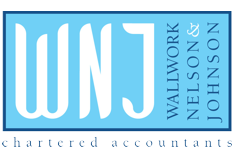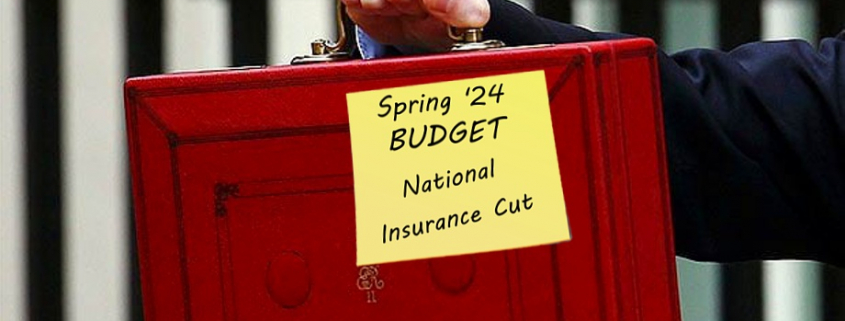NIC cuts – what it means for you
As widely forecast, National Insurance (NI) for employees was cut by the chancellor in his Budget by a further 2p – from 10 per cent to eight per cent.
Making his spring statement in the Commons, Jeremy Hunt said that the measure would be worth around £450 a year for someone on an average salary.
And in its statement The Treasury said: “In the Autumn Statement, we cut employee National Insurance by 2p. Today we’ve cut it again.
“This slashes the main rate of Employee NICs by a third. This helps to grow the economy by encouraging people to work, and puts more money in people’s pockets.”
Employees don’t have to pay NI on earnings below £12,750, and there will be no change to the two per cent national insurance rate on earnings over £50,270.
In another Budget announcement, from April 6 the main rate of Class 4 NICs for the self-employed will now be reduced from nine per cent to six per cent.
Combined with the abolition of the requirement to pay Class 2 NICS, the Treasury says this will save an average self-employed person earning £28,000, £650 a year.
Self-employed people earning less than £6,725 a year can still choose to pay class 2 NICs to gain access to certain benefits, including the state pension.
And those earning between £6,725 and £12,570 are entitled to the National Insurance credits without having to pay the tax.
Mr Hunt said that the overall NICS cuts package was aimed at “rewarding work.”
Both NI and income tax thresholds, which determine when people start paying each rate of tax, have been frozen since 2021. They will stay frozen until April 2028.
The government announced that it is increasing the income threshold at which the High Income Child Benefit Charge (HICBC) comes into play from £50,000 to £60,000, from April 2024.
In addition, the rate at which the HICBC is charged will also be halved from one per cent of the Child Benefit payment for every additional £100 earnt above the threshold, to one per cent for every £200.
This means Child Benefit will not be withdrawn in full until individuals earn £80,000 or higher.
It is estimated that overall, almost half a million families will gain an average of £1,260 towards the costs of raising their children in 2024/25. And 170,000 families will be taken out of paying the tax charge.
The government said it also recognises issues that have been raised around the unfairness in how the HICBC is currently charged on an individual basis.
For example, dual income families on £49,000 each – with a household income of £98,000 – may not be liable to the HICBC, but a single parent earning over £50,000 could.
In response, there are plans plans to administer the HICBC on a household rather than individual basis by April 2026.
• To discuss any issues raised by this article please contact me on 01772 430000




